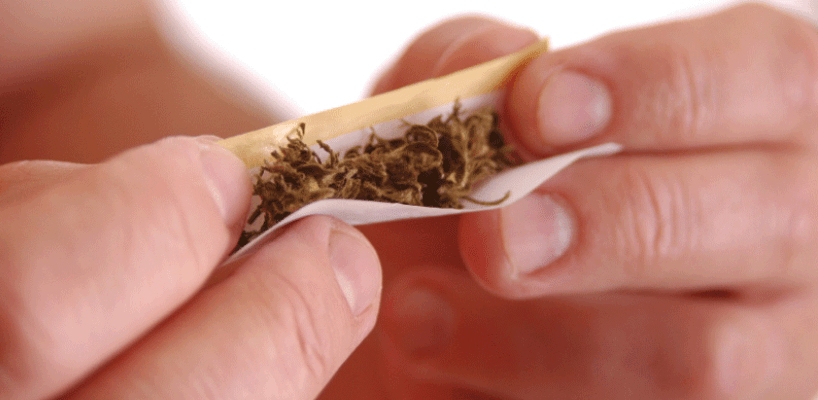There are many factors that security clearance adjudicators consider in reaching a determination on cases involving substance abuse. One of the most important factors is the recency of the conduct.
The recency (and frequency) of an applicant’s adverse conduct is relevant under any guideline, but it is especially important in drug cases because – unlike, say, debt or security violations – substance abuse frequently involves addiction. Only the passage of time alleviates concerns about possible relapse.
So the natural question that our clients often have is this: how much time needs to elapse before I have a reasonable shot at success? Unfortunately, the short answer is “it depends.”
Not All Agencies Are Created Equally
It depends upon the agency at issue, the agency’s suitability standards (which differ from security standards), whether the applicant used drugs while holding a security clearance, and a variety of other factors. For example, the DEA has unusually strict disqualifiers on drug usage for obvious reasons – namely, allowing only “limited, youthful, and experimental use of marijuana.” Usage of any other drugs – no matter how long ago – is a per se disqualifier.
The FBI, while also unusually strict, takes a more nuanced approach: usage of marijuana in the last 3 years or usage of any drug within the last 10 years is disqualifying.
Most other agencies are not so cut-and-dry. The Department of Defense – the agency that issues the most security clearances and the only agency to publish some of its security clearance case decisions – takes this approach:
“There is no bright line rule for determining when conduct is ‘recent.’ The determination must be based on a careful evaluation of the evidence. If the evidence shows that a significant period of time has passed without any evidence of misconduct, then an Administrative Judge must determine whether that period of time demonstrates changed circumstances or conduct sufficient to warrant a finding of reform or rehabilitation” See ISCR Case No. 02-24454 (App. Bd. Aug. 4, 2004).
In our practical experience, that means an absolute minimum of 1 year abstinence from marijuana usage and ideally at least 3 years abstinence from any other drug. But a successful applicant must do more than just show a passage of time. As DoD alludes in the above guidance, security clearance adjudications really are “whole person” determinations. Other evidence showing a true change in lifestyle is crucial.
Like much in the world of security clearance adjudications, there is quite a bit of subjectivity when it comes to the recency of drug usage. What is clear, however, is that the onus is on the applicant to prove that the conduct is sufficiently in the past. It takes some work and expense, but it is by no means an insurmountable obstacle at most agencies.
This article is intended as general information only and should not be construed as legal advice. Consult an attorney regarding your specific situation.




